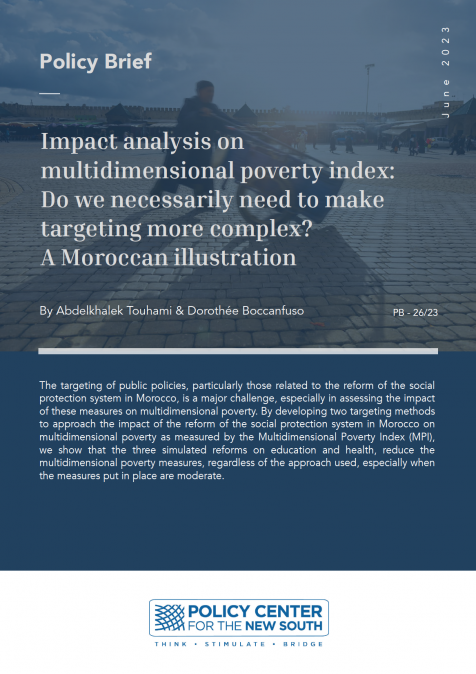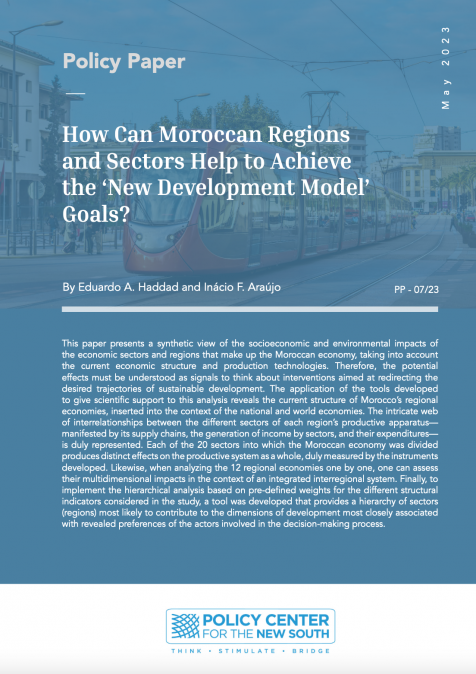Publications /
Opinion
During the medal ceremony at the Olympic Stadium in Mexico City on October 16, 1968, two Black American athletes, Tommie Smith and John Carlos, each raised a gloved fist during the playing of the U.S. national anthem. The two Americans received their medals shoeless, but wearing black socks to represent black poverty. Smith wore a black scarf around his neck to present black pride. Carlos, who won a bronze medal, wore a necklace of beads, which he said “were for those individuals that were lynched or killed and that no-one said a prayer for, that were hung and tarred. It was for those thrown of the side of the boats in the Middle Passage”.
The demonstration by the Black American athletes is regarded as “one of the most overtly political statements in the history of the modern Olympics”. International Olympic Committee President Avery Brundage, who had been president of the U.S. Olympic Committee in 1936, and willing to tolerate the Nazi salute in Hitler’s Olympic Stadium in Berlin, ordered Smith and Carlos suspended from the U.S. team and banned them from the Olympic Village. Gold medalist Smith expected problems after his gesture and had checked out of the Olympic Village the evening prior to the 200 meters final. Yet “the storm in which we were caught up”, Smith told me in an interview two decades later, was unexpected in its destructive violence, including death threats. “People remember this moment. At least we provoked questions. I did not intend anything else. We were quiet, did not throw any rocks and suffered”. Would he repeat such a gesture? “Probably not. I would deal with it differently, more intellectual, in a more psychological way. I would write and speak”. When we met at California’s modest Santa Monica College, Smith was a coach and professor of sports, well aware that his students had no idea why their professor had provoked global headlines.
Protesting Organized Brutality
Now, 52 years later (Smith is 76), another athlete is following Smith’s path, an American football player named Colin Kaepernick, 32. Kaepernick began a silent protest against racism and police brutality in 2016, defying the rules of his club, the San Francisco 49ers and the league, which expected its players to stand during the national anthem, their right hand above the heart. Kaepernick, who knelt on one knee during the anthem, said “I am not protesting the anthem or the nation, I am protesting organized brutality”. When he opted out of his contract in 2017, no other club was willing to sign him, particularly since U.S. President Donald Trump threatened Kaepernick and the owners of the National Football League (NFL). At a political rally in Huntsville, Alabama, the U.S. President suggested NFL owners should fire players who kneel during the national anthem. But in the games following Trump’s speech, more than 200 players sat or knelt during the anthem; others linked arms with their team mates or raised fists as Tommie Smith and John Carlos had at the Olympics half a century ago. Kaepernick has still not been signed by a football team, but by Nike instead, turning him into an icon. He has been promoted by Nike as a symbol fit for our time: one man against the establishment.
And suddenly, so it seems, American corporations have discovered, after the brutal killing of George Floyd in May, that racism does exist in America, that 400 years of slavery have not evaporated from hearts and minds and souls, but is rooted in U.S. culture. Online cultural magazine Complex asked: “Why now? Why didn’t Walmart say ‘Black lives matter’ when a police officer killed John Crawford III in an Ohio Walmart in 2014, like it did weeks after Floyd’s death? Why didn’t NASCAR ban Confederate flags on cars after Sandra Bland died in police custody in 2015, like it did weeks after Floyd’s death? Why do Black lives finally matter enough for companies to make changes unprecedented in their history?” According to Complex, “There’s a financial incentive for companies to support black people”. Back in 2018, Nike aired a commercial supporting Colin Kaepernick. Angry Americans burned Nike apparel and pledged to boycott the brand. Kapernick hasn’t played in years, but his message has spread. When the National Basketball League restarted their national tournament in Orlando, Florida, in July, most players, coaches, and referees knelt when the national anthem was played.
Nike’s gamble paid off. In the first weeks after Kaepernick was featured in its contested commercial Nike became $6 billion more valuable after its stock price rose. Meanwhile, Google has committed $12 million, while both Facebook and Amazon are donating $10 million, to various groups fighting against racial injustice. Apple is pledging $100 million for a new Racial Equity and Justice Initiative that will “change the systemic barriers to opportunity and dignity that exist for communities of color, and particularly for the black community”, according to Apple CEO Tim Cook. Walmart, the supermarket corporation, will contribute $100 million over five years to create a new center for racial equity. Fast food giant McDonalds is committing $1 million to the U.S. National Association for the Advancement of Colored People and the National Urban League. Other companies have made similar pledges and statements in support of Black communities.
Time will tell whether such pledges are just a PR attempt, or are really driven by the urgency of confronting the abandonment of Black America. The U.S. establishment is white. At the Oscars in 2015 and 2016, only whites were nominated in the acting categories. How many four-star generals are black? Out of 38, there is only one (as of May 2020). Less than 2% of musicians in American orchestras are Black Americans. Former basketball player Michael Jordan knows that only his sporting ability allowed him to escape poverty, just like Tommie Smith, who grew up with eleven brothers and sisters. Jordan and his brand have pledged $100 million dollars over the next ten years to “organizations dedicated to ensuring racial equality, social justice and greater access to education”.
The opinions expressed in this article belong to the author.








